[ad_1]
The best cell phone signal booster help keep you connected inside your home or vehicle. And for the many people still working at home these days, a good cellular connection remains a must-have.
That’s where signal boosters come in. They’re designed to locate the nearest signal and amplify it to support all your devices. However, while you can pick up a signal booster from both carriers and third-party manufacturers, these devices are not quite plug-and-play solutions. It’s not as simple as dropping an antenna by a window and plugging it in.
Most signal boosters come in three parts: an outdoor antenna, a booster to amplify the signal and an indoor antenna. There are also different kinds of boosters — directional ones, which target a specific tower belonging to a certain carrier, and omnidirectional ones, which pull in service from multiple towers belonging to multiple carriers, albeit without quite the same strength as the directional variety.
The world of cell phone signal boosters isn’t the most happening place on earth. In fact, it’s pretty sluggish. That said, here are our top picks for the best cell phone signal boosters, covering different use cases and price points. One of these picks is even designed to improve signal quality in your car.
What are the best cell phone signal boosters?
First things first: there is no single “best” cell phone signal booster. The very nature of the technology means that different options are suited for different purposes. However, we think that one in particular is likely the best booster for most people.
That would be WeBoost’s Home MultiRoom, which employs a directional antenna to deliver an optimal signal from your carrier of choice, and can cover a medium-sized, 5,000 square-foot home. SureCall is another popular brand in the signal boosting realm, and its Fusion4Home is an omnidirectional solution that is a bit easier to set up.
But what if you’re happy with your carrier and don’t want or expect to change service providers anytime soon? In that case, you might be best served by contacting your carrier and finding out what network-specific booster they can offer you directly. For example, Verizon offers the Verizon LTE Network Extender, which covers up to 7,500 square feet and can support 16 connected devices at once.
Read on for our full recommendations for the best signal boosters for those plagued by spotty cell phone service.
The best cell phone signal boosters you can buy
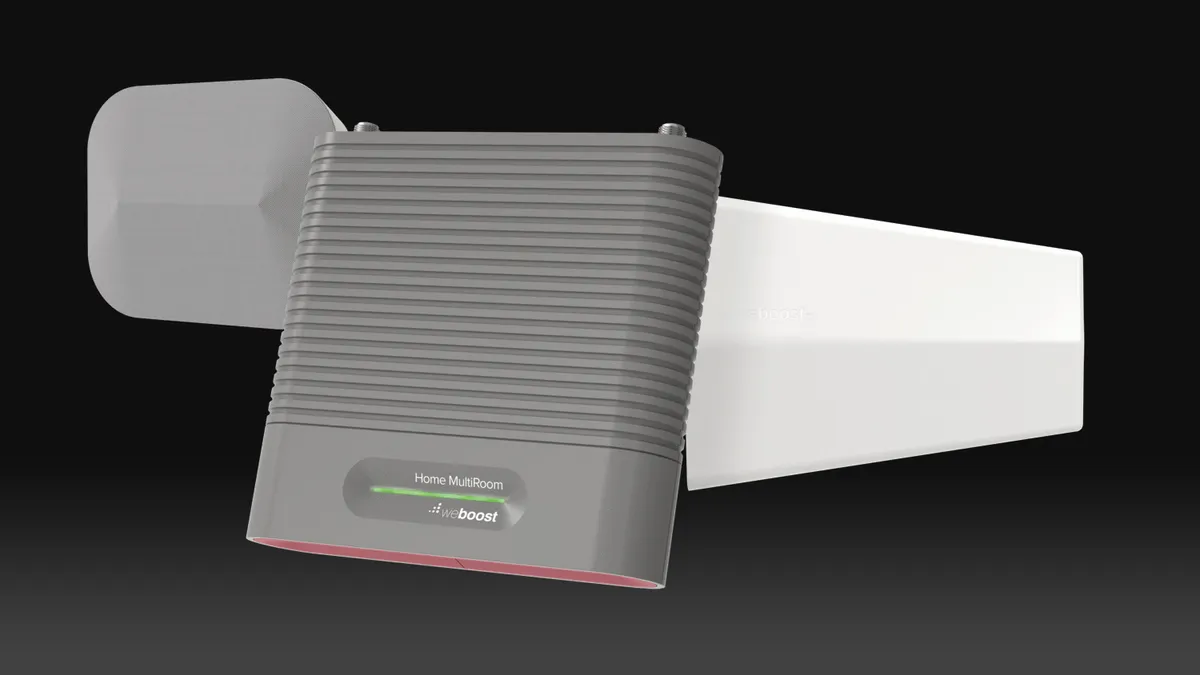
If you need a signal booster in the first place, you’re probably not looking for a slightly better connection — you need serious improvement, and not only in one room in your home. If that’s the case, the WeBoost Home MultiRoom is a good fit — so good in fact, it was a winner the Tom’s Guide Ultimate Home Office Awards. WeBoost’s directional antenna design may make it a little more challenging to setup than a booster of the omnidirectional variety, but the tradeoff is an efficient, powerful signal with up to 65 dB in gain.
Like all WeBoost’s offerings, the Home MultiRoom package is designed to pull in bands from all networks — Verizon, T-Mobile, AT&T, Sprint and even US Cellular — on any carrier, whether you’re subscribed to one of those aforementioned providers or a virtual operator like Metro or StraightTalk that piggybacks off one of the major carrier’s towers. That’s great news if you see yourself changing carriers, or expect to get many years of use from the Home MultiRoom — which you probably are, because, at $550, it’s far from the cheapest option.
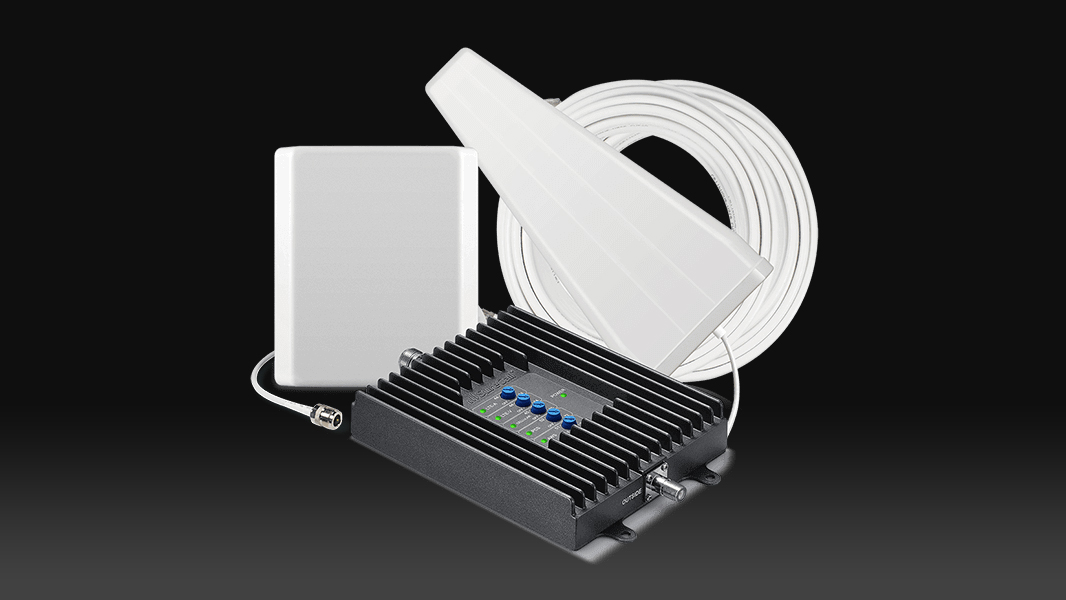
SureCall’s Fusion4Home omnidirectional offering doesn’t need to be focused at one tower in particular to improve your connection at home. It also works with all networks across all bands, so it’s really as hassle-free as signal boosters go. The catch is, that because this is an omnidirectional antenna, it likely won’t improve things quite as much as a directional one would. Therefore, if you get few to zero bars at home, this probably isn’t the booster for you.
On the flip side, if you just need a little extra signal, the Fusion4Home could be helpful. Furthermore, it’s going for pretty steep discounts at the time of writing — you can save as much as 40% off this model’s $450 list price on Amazon right now, making it an even more attractive choice.

If you find your signal is weaker than you’d like while driving, SureCall’s Fusion2Go Max is the cell phone signal booster for you. This multi-carrier solution offers up to 50 dB gain and can blanket a vehicle of any size with increased service, which is sure to come in handy on those long road trips.
SureCall’s Extended Range Technology is designed to mitigate signal loss by boosting the signal twice: once at the antenna, and then again inside the vehicle, to ensure service is as strong as possible. At $499, the Fusion2Go Max is surely an expensive add-on for your vehicle, though depending on where you live or perhaps your line of work, it could be extremely handy.
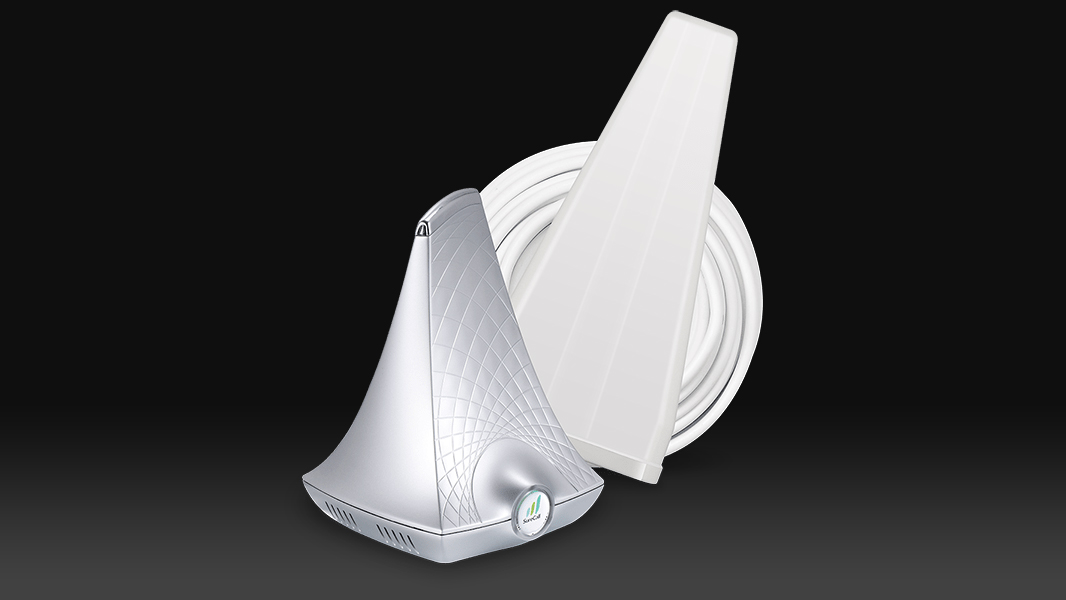
Just because you need a signal booster doesn’t mean you want a mess of ugly wires and boxes running through your home. To that end, the Flare 3.0 is a more elegant option from SureCall that you’d be less embarrassed to have out and visible to the world. It’s not exactly a work of art, though it is compact enough to place on an end table, thanks to its small footprint.
It also boasts a few advantages over SureCall’s other offerings. Because it sports a directional antenna, it delivers a bigger bump to signal strength, especially if you’re on the edge of a network. Its 3,500 sq ft of coverage makes it a good fit for apartments and small homes. Plus, at well under $400, it’s not even particularly expensive for a directional option with this kind of range.
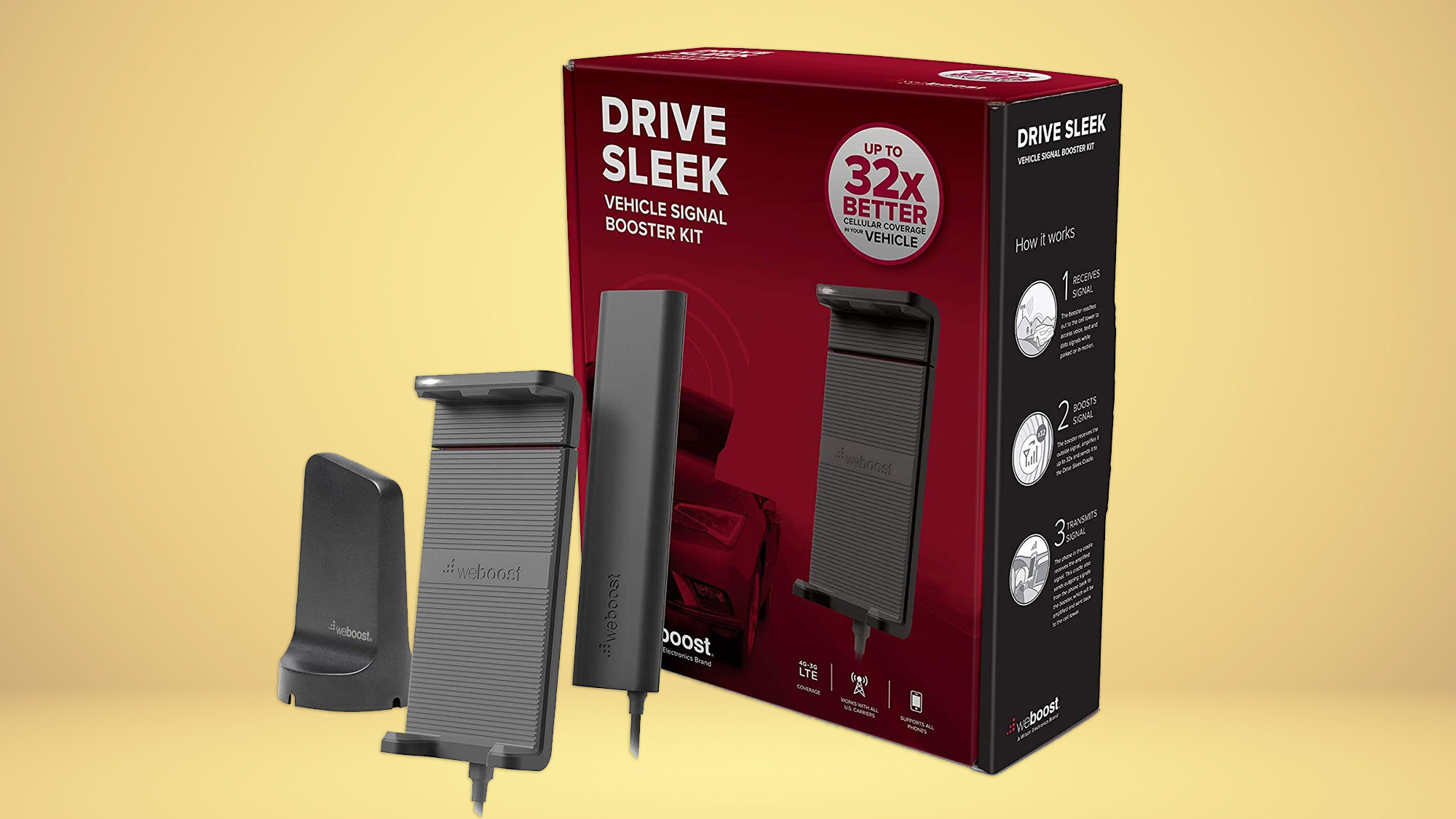
If you want to boost just one phone’s cell reception in the car, then WeBoost’s Drive Sleek is a great bet. It’s an inexpensive, easy-to-use option that doubles as a phone cradle/charger. It also has 5G support for most of the major carriers. That said, it’s good for one device only, making it ideal for the navigation/music streaming phone on your road trip.
Like many other boosters, the Drive Sleek also lacks support for Band 41 and 71. But this one is aimed at people who need to eke out the most from their nearby cell towers while on the road. This can be extremely helpful in rural or mountainous areas where cell signal is typically much weaker.

The Cel-Fi GO X is one of the most powerful signal boosters on this list. It packs a whopping 100 dB max, equaling serious gains in cell phone reception in your home or office. It can also cover up to approximately 15,000 square feet (with optimal conditions), making it perfect for big homes or small offices.
How the GO X achieves its 100 dB power is by focusing on a single carrier. You choose which one you need for your home or office, but you can switch them on the fly if you change carriers. You can also add additional antennae for extra coverage.
The GO X also comes with protection against shock damage. It’s not a cheap option by any means, pushing the $1,000 mark. But if you need maximum power, this is it.

For those stuck in an apartment or other rental, the SureCall EZ 4G is probably your best bet. It doesn’t require an external antenna installation, instead mounting to one of your windows.
Because of this, you shouldn’t expect the same performance as some of the other entries on this list, but SureCall says you can expect up to 72 dB and coverage up to 2,000 square feet. If you just need a little boost in your rental home, this might be the option for you.
The EZ 4G is also quite affordable as far as cell phone signal boosters go, hovering at about $300 or so. Considering its low overhead when it comes to installation, you can easily move it between homes or small offices.
Who needs a cell phone signal booster?
Several years ago, if you had bad signal in your home, you were out of luck unless you sprung for a signal booster. Nowadays, though, most phones and carriers support Wi-Fi calling. This uses your home network to handle calls and texts (and obviously data). Granted, there are some exceptions, but most of the best phones work on the major carriers’ Wi-Fi calling networks.
So those who need a dedicated cell phone signal booster might find themselves in the minority, but you already know if you need one or not.
How to choose the best cell phone signal booster for you
Before you even start shopping for signal boosters, take stock of the network you use for cell phone service, and the bands your phone operates on. While all of the products in this list work on all networks across every carrier, some lack that universal support, and you definitely don’t want to end up with a signal booster that boosts the wrong signal. Also keep in mind you will have to register whatever you buy with your carrier — both because it won’t work otherwise, and because it’s a legal requirement.
Then, it’s important to assess what exactly you need from a signal booster. If you find yourself always struggling to connect at all, prioritize finding an option that utilizes a directional antenna, as these are more focused and can deliver stronger, more efficient and consistent connections. If your situation is less dire, an omnidirectional option should do fine.
Of course, you also have to consider the space you need to fill. Unsurprisingly, signal boosters that can blanket a whole home in signal will cost more — potentially hundreds of dollars more — than those that are designed to outfit smaller spaces with service.
It also must be said that a vast number of signal boosters on the market today aren’t built to improve 5G service; if you see a booster listed as “5G phone compatible,” it likely means it will enhance LTE signals that a phone capable of 5G can receive, not actually that it’s enhancing 5G data specifically. You’ll have to wait a little while if you want something geared for next-generation networks.
Finally, if you are committed to your cellular provider of choice and don’t plan to switch in the foreseeable future, why not entertain one of your network’s first-party extenders or signal boosters? Verizon, T-Mobile, and AT&T all offer products designed for exactly that purpose, and because they’re uniquely attuned into your particular network’s infrastructure, they might work even better than some of the options on this list.
Stay connected with us on social media platform for instant update click here to join our Twitter, & Facebook
We are now on Telegram. Click here to join our channel (@TechiUpdate) and stay updated with the latest Technology headlines.
For all the latest Technology News Click Here
For the latest news and updates, follow us on Google News.
Denial of responsibility! TechAzi is an automatic aggregator around the global media. All the content are available free on Internet. We have just arranged it in one platform for educational purpose only. In each content, the hyperlink to the primary source is specified. All trademarks belong to their rightful owners, all materials to their authors. If you are the owner of the content and do not want us to publish your materials on our website, please contact us by email – [email protected]. The content will be deleted within 24 hours.
